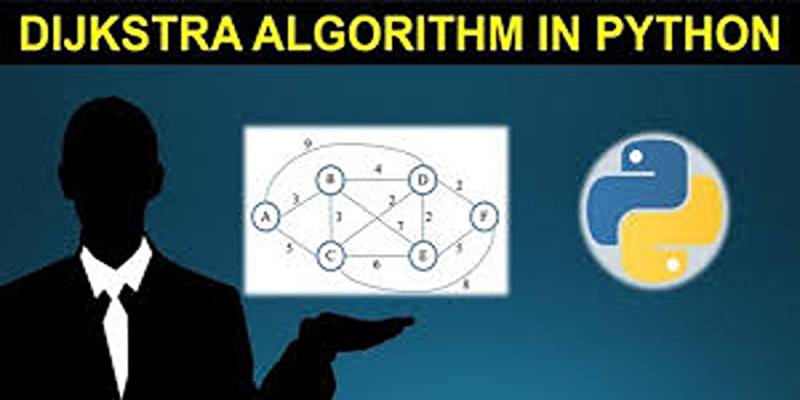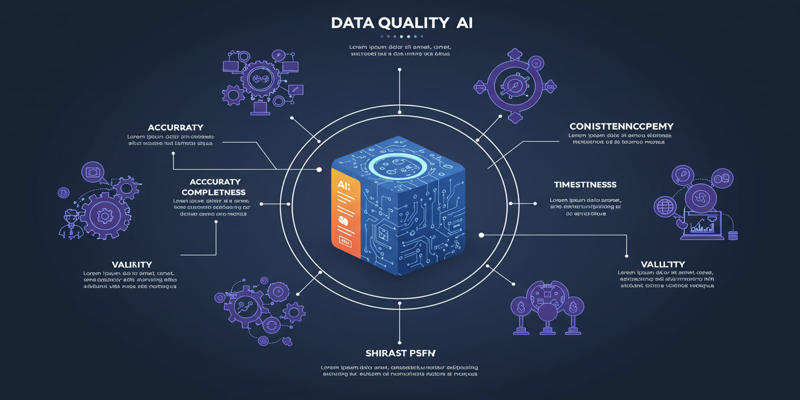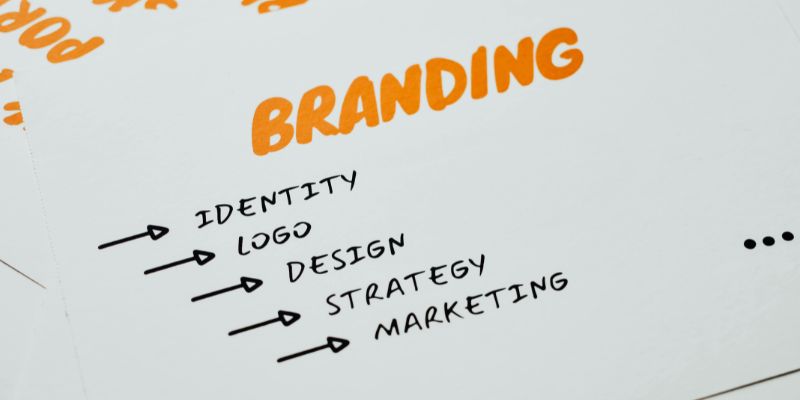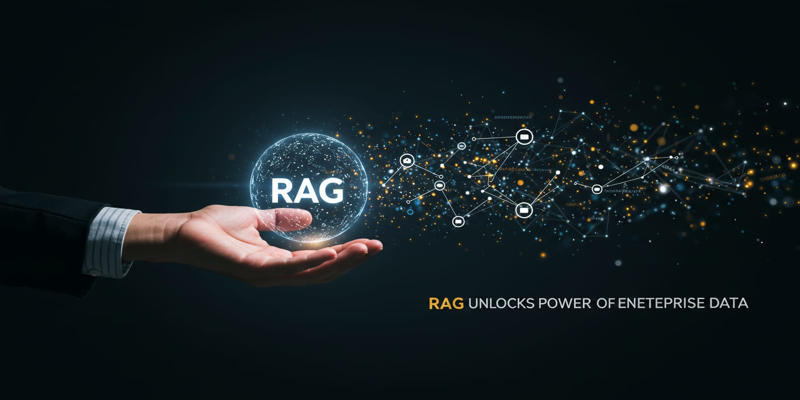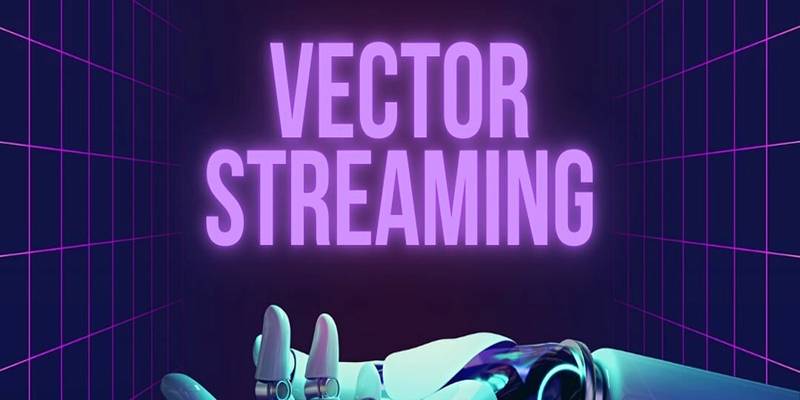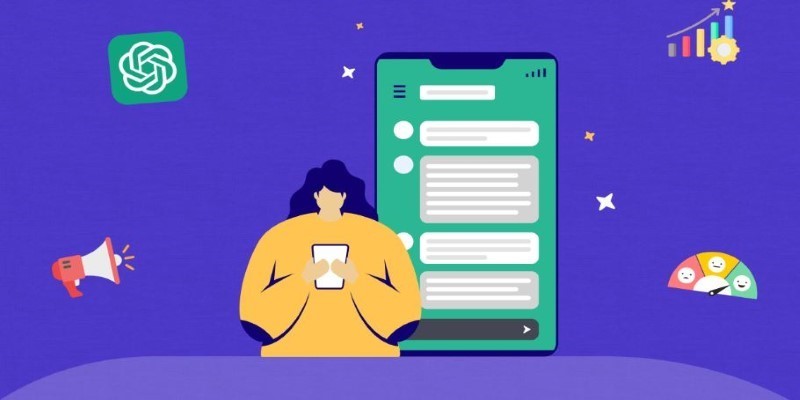Building a solid customer persona used to take days—sometimes weeks. You’d sort through spreadsheets, run surveys, analyze feedback, and hope the final profile captured your ideal buyer. It felt more like chipping away at a rock than crafting something useful. Now, you can do it in minutes. ChatGPT isn’t just a chatbot—it’s a creative tool that helps you generate accurate, clear personas fast.
This isn’t about skipping real research. It’s about speeding up the early steps and sharpening your focus. With smart prompts and clear goals, ChatGPT becomes a powerful shortcut. This guide shows how to use it, why it works, and where to stay sharp.
Understanding the Mechanics Behind the Magic
To really use ChatGPT well, you need to understand what it's doing behind the scenes. It’s not pulling data from a secret customer database or analyzing your exact audience unless you tell it to. What it’s doing is pulling from patterns. It’s read thousands—millions—of examples of customer types, behavior patterns, industry cases, and marketing strategies. That’s its brain. You give it the context, and it matches that context to what it has learned from all those patterns.
Say you're launching a fitness app for working moms in their 30s who don’t have time for long workouts. If you prompt ChatGPT with that, it won’t just generate a random profile. It'll shape a persona based on the traits and behaviors that commonly show up in similar use cases. It gives you a believable sketch of your target user. From there, you can refine it, compare it to actual feedback, and adjust accordingly. It's not just about speed—it's about starting with something solid.
When you pair ChatGPT with your real-world insight, that’s where the magic happens. You're not relying on it to know everything. You're using it as a creative partner to get things moving, which saves you hours and gives you a sharper sense of direction.
Prompt Crafting: The Real Secret to Fast Personas
Getting a good customer persona out of ChatGPT is like cooking with good ingredients. If your prompt is vague, your results will be too. The more context you give, the better the output. Think of it like giving directions. “Make me a customer persona” is too broad. Try this instead: “Create a detailed customer persona for a 35-year-old female freelance graphic designer living in New York who uses Canva daily, values design simplicity, shops sustainably, and struggles with time management.”
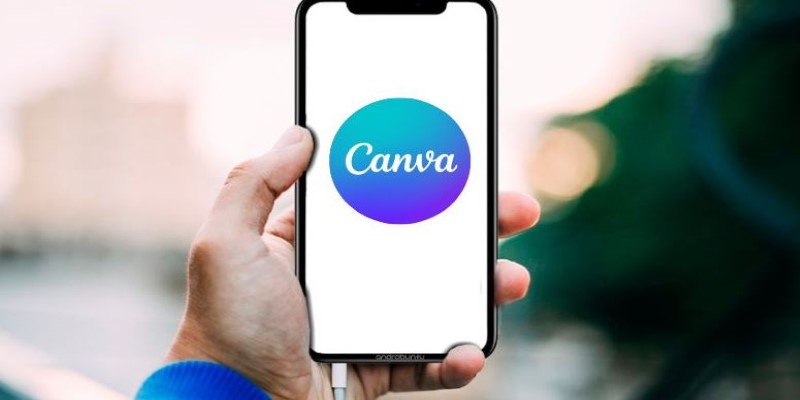
When you use specific details like age, location, occupation, habits, struggles, and goals, you’re not just feeding the machine—you're shaping its response in real time. ChatGPT can take that and give you a full persona with a name, demographic info, personality traits, challenges, preferred platforms, and buying behavior—all of that in less time than it takes to make coffee.
Another trick is layering your prompts. Start simple. Then refine. You can say, “Now add her communication style,” or “What are her main objections before buying a product like mine?” The tool keeps up. It builds on what you’ve already fed it. Within a few minutes, you’ve got a working draft of a persona that actually feels human—and, most importantly, useful.
The Benefits Beyond Speed
Time is the obvious win when using ChatGPT to craft customer personas, but it's not the only advantage. The real value comes from the flexibility and creative freedom it offers. With a few thoughtful prompts, you can quickly produce multiple variations of personas for different campaigns. Want to test how a younger audience might react compared to an older one? Done. Need a persona that aligns with a specific product feature or tone of voice? You can generate that on demand.
This kind of agility is especially useful for small teams without access to deep market research. You don’t need a full analytics department to get started—you just need your product knowledge, a little context, and a few experiments. ChatGPT helps you uncover directions you may not have considered and test your assumptions quickly without draining your time or budget.
It’s also a solid tool for early-stage brainstorming. If you’re entering a new niche or testing a new idea, generating a handful of personas gives you a head start. These aren’t just random guesses—they’re rooted in patterns and behaviors drawn from vast data. That alone can save days of effort and bring sharper focus to your next campaign or product launch.
Keeping It Real: Avoiding Common Pitfalls
ChatGPT can speed things up, but it’s not a crystal ball. It doesn’t know your customers better than you do—it’s working from patterns, not personal data. That’s why you can’t take its first draft as gospel. Treat it as a quick sketch, not a finished product. Always cross-check with your customer support data, real feedback, and what your team knows from the ground. That's how you keep things grounded and accurate.
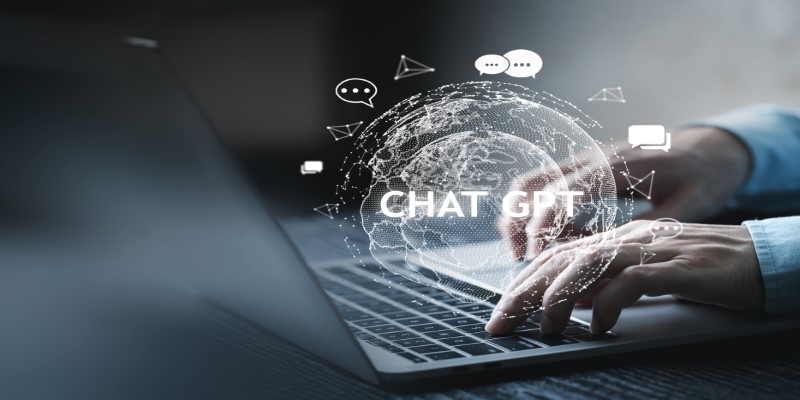
Overcomplicating the persona is another trap. It's easy to get caught up in endless traits and backstories. But what matters is clear and usable insight: who the customer is, what they need, what gets in their way, and how they choose. Keep it short and focused. ChatGPT can sometimes lean into storytelling too much. Don't let the fluff distract you from what's useful.
And don’t over-rely on the tool. ChatGPT is great at generating ideas fast, but it’s not meant to replace your understanding or data. Use it as a creative shortcut—not as the entire strategy. Test the personas it helps you create. Watch how people respond to content shaped around them. That’s what sharpens the edge. The goal isn’t just speed—it’s building something real that can evolve with your audience.
Conclusion
Crafting a customer persona doesn’t have to be slow or complex. With ChatGPT, you can create sharp, realistic profiles in seconds using simple, focused prompts. It’s a tool that speeds up your workflow without cutting corners, giving you a solid base to test and refine. Just remember—it’s a starting point, not a substitute for real insight. Use it smartly, validate your results, and let it support your instincts. Fast, flexible, and built to evolve—your persona work just got easier.


